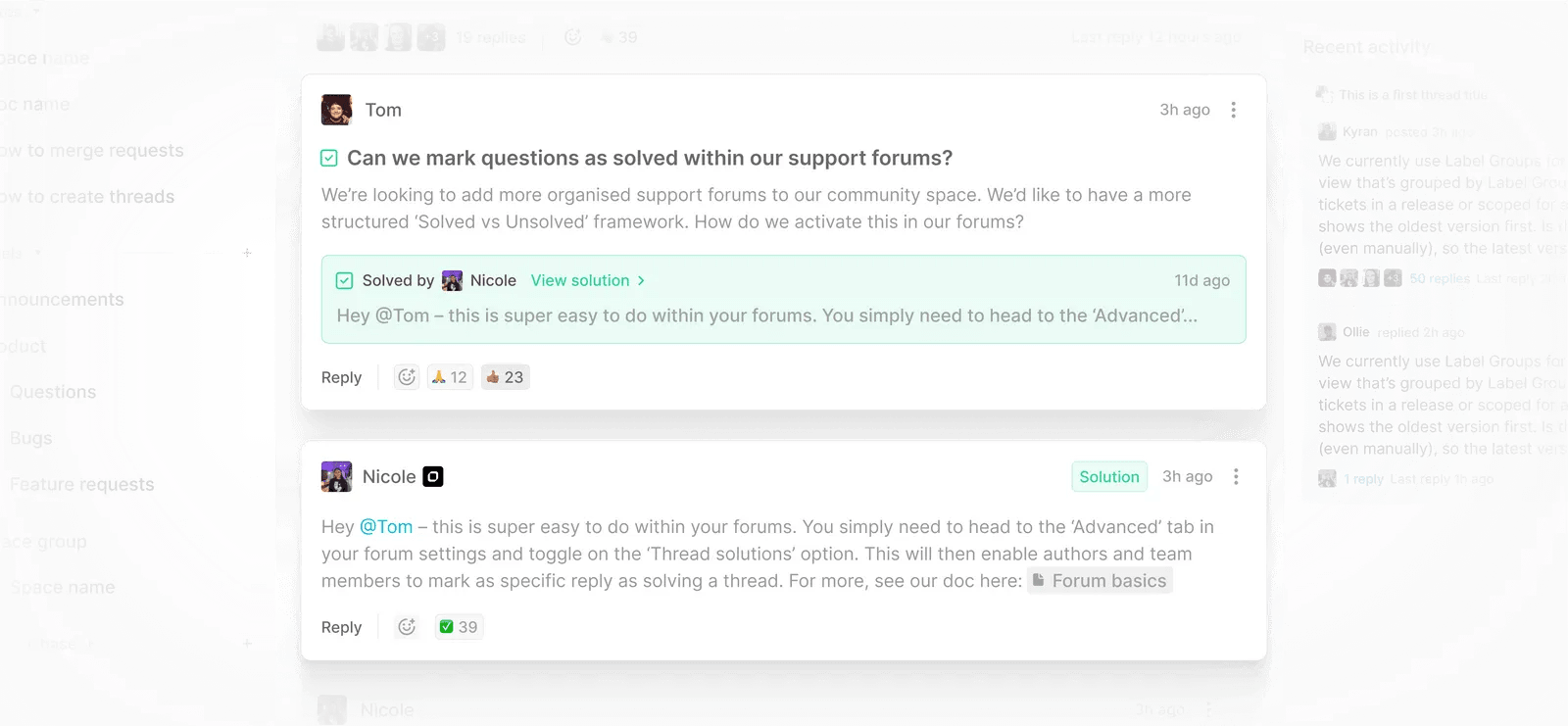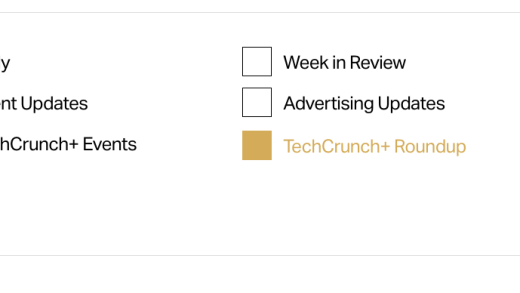Building and harnessing online communities has been a major driving force behind some of the world’s largest platforms, from Stripe and Slack to Figma and Notion.
At the heart of the community-building ethos lies a strategy known as product-led growth (PLG), where companies rely on the product itself for selling and onboarding new users as opposed to traditional marketing-led and sales-led approaches. But managing these disparate communities has perennial challenges, with companies needing to gather feedback, support users, encourage upgrades, share knowledge, and generally figure out what’s going on across their user base.
We’ve seen countless platforms land venture capital (VC) cash to help companies address this need through connecting the various strands that constitute online communities — GitHub, Discord, Slack, Twitter, LinkedIn, and the rest. But a new company is entering open beta today with $6 million in fresh funding for an all-in-one platform designed to host communities and product knowledge itself.
Full-stack
Founded out of London in 2021, Outverse is looking to tackle a similar problem to what the likes of Commsor, Common Room, Threado, Talkbase and Crowd.dev are striving to solve, but with a different approach — its mission is to build what it calls a “full-stack community platform” for software companies, replete with forums, knowledge bases, and product documentation.
“Outverse isn’t playing in the same space as these community analytics or workflow tools,” Outverse founder and CEO Kyran Schmidt explained to TechCrunch. “That’s an increasingly saturated market, trying to solve the same sort of problem, which is basically about data and integrations. Instead, we’re building the actual platform or channel where these communities are hosted, managed and run.”
Outverse forums Image Credits: Outverse
In many ways, Outverse is trying to be a better version of services such as Slack, Discord, Stack Overflow, Facebook Groups or Reddit — tools which are powerful in their own right, but “weren’t actually built for the needs of software communities,” according to Schmidt.
For instance, Outverse features purpose-built forum mechanisms that support linking conversations, marking questions as solved, voting for feature requests or bug reports, and a semantic engine to make knowledge easier to find.

Outverse forums Image Credits: Outverse
Discovery
Indeed, Outverse says it’s using large language models (LLMs) as part of its mission to become a “centralized knowledge ecosystem” for SaaS software communities. Initially, this involves creating semantic relationships between content and discussions, but it plans to bolster its platform with “AI-augmented knowledge retrieval flows” and new “AI-powered team and admin workflows.”
And this is one of Outverse’s core pitches — it aiming to be a knowledge-base spanning documentation, forums, changelogs, and more, all optimized for easy discovery including indexing for search engines. This, according to Schmidt, will “help companies build their brand presence and SEO efforts.”
“By bringing this functionality together, Outverse unlocks community growth and makes its value more accessible to stakeholders across product, support, and marketing teams,” Schmidt said. “As a result, it’s far easier for businesses to capture the huge potential upside from their community efforts.”
By contrast, while Slack is a popular tool for engaging with communities, users generally have to be members of the community to view content. Plus, Schmidt points to Slack’s per-seat business model as a major deterrent for larger communities.
“If you have a community of users that is thousands-strong in size, your choice [with Slack] is either to stick with a free plan that hides all your valuable content after 90 days which renders older discussions effectively useless, or pay an exorbitant amount,” Schmidt said.
Outverse, for its part, offers a basic free plan with space for 500 community members, with a $99 monthly plan that unlocks access for unlimited members, among other perks.
Headwinds
Outverse’s arrival in open beta also comes at a time when some of the popular community platforms are seeing significant headwinds, from the chaos at Twitter though to Reddit’s developer unrest and subsequent blackouts, not to mention Slack’s price-hike last year.
“This question of ‘where do I host my community?’ has become much more pressing in recent months,” Schmidt said. “And we’ve seen a real wave of companies start to take this question seriously, and look for more ‘owned’ alternatives.”
Prior to now, Outverse had raised £1 million ($1.2 million) in pre-seed funding last year, and with its latest $6 million cash injection the company said that it plans to scale its product ahead of its full launch, which will include new features such as real-time chat.
Outverse’s seed round was led by Wing VC, with participation from Notion Capital, Seedcamp, Connect Ventures, and Tiny VC.
Outverse wants to build a full-stack community platform for software companies by Paul Sawers originally published on TechCrunch
Source : Outverse wants to build a full-stack community platform for software companies











